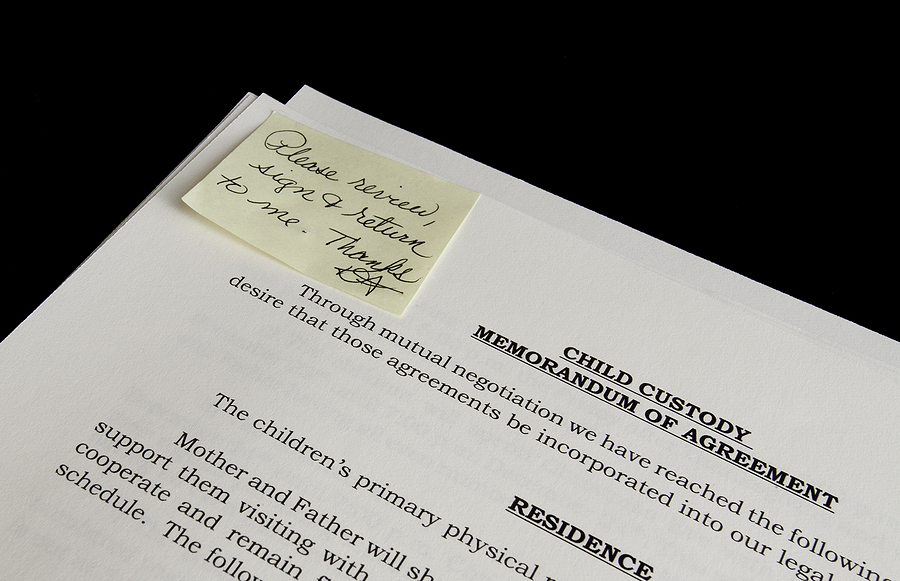Child custody issues can become complicated, emotional processes when couples have children outside of marriage. Unlike married couples, unmarried parents don’t have the same automatic legal presumptions in custody matters. They must often take extra legal steps to protect their parental rights.
Child Custody and Unmarried Parents 101
When a married couple has a child, both spouses are automatically considered the legal parents in most states. However, when a child is born to unmarried parents, the mother is usually granted sole legal and physical custody by default.
This means that unmarried mothers have full custody rights from the moment of birth, and unmarried fathers must legally establish paternity before they can request custody or visitation.
Establishing Paternity for Child Support without Marriage
Establishing paternity is the first and most critical step. Voluntary Acknowledgement of Paternity (VAP) is where both parents sign a legal form at the hospital when the child is born. Court-ordered DNA testing is when paternity is disputed. A family court may require a DNA test to determine biological fatherhood.
With paternity legally established, the father can seek custody or visitation, be listed on the child’s birth certificate, participate in major decisions affecting the child, and may be held responsible for child support. Contact a family lawyer at Richards Family Law to learn more.
Child Custody Without Marriage: Support, Visitation & More
Child custody is generally divided into two categories: legal and physical. However, courts can award custody in several arrangements, including sole custody, joint custody, and split custody.
Courts do not consider marital status when determining custody arrangements. Instead, they focus on the best interests of the child, including key factors such as:
- Each parent’s ability to provide a stable environment
- Emotional ties between the child and each parent
- The child’s age and needs
- Each parent’s mental and physical health
- History of substance abuse or domestic violence
Courts may also consider a parent’s willingness to co-parent and encourage a relationship with the other parent, despite custody arrangements. Each case is different, so contact a lawyer as soon as possible.
Visitation Rights & Parenting Time
Even if one parent is granted sole physical custody, the non-custodial parent is often entitled to parenting time. This could be scheduled visitations on specific days and times, reasonable visitation for more flexible schedules, and supervised visitation when there are concerns about the child’s safety.
If visitation arrangements break down or the custodial parent denies access, the non-custodial parent can return to court to enforce the order. Having a legally binding custody or visitation order on file can help ensure your family’s rights are protected.
Child Support & Financial Obligations
Establishing paternity creates a legal obligation for child support regardless of the custody status. Child support amounts are typically calculated based on each parent’s income, the number of children, custody arrangements, and Michigan state formulas or guidelines.
If either parent experiences a significant change in circumstances, such as job loss, health issues, or relocation, they can file a petition to modify the custody or support order. Courts will consider the best interest of the child and whether the change would disrupt their well-being.
Child custody without marriage can be complicated, so seek help protecting your rights and creating a healthy environment for your child. Keep records of all communications and agreements, put everything in writing, file for custody or visitation as soon as possible, and follow all court orders to show the court you’re acting in the child’s best interest.
Summary
Custody without marriage doesn’t mean without rights. If you are unsure where to start or need help navigating custody issues, consult Richards Family Law today.






